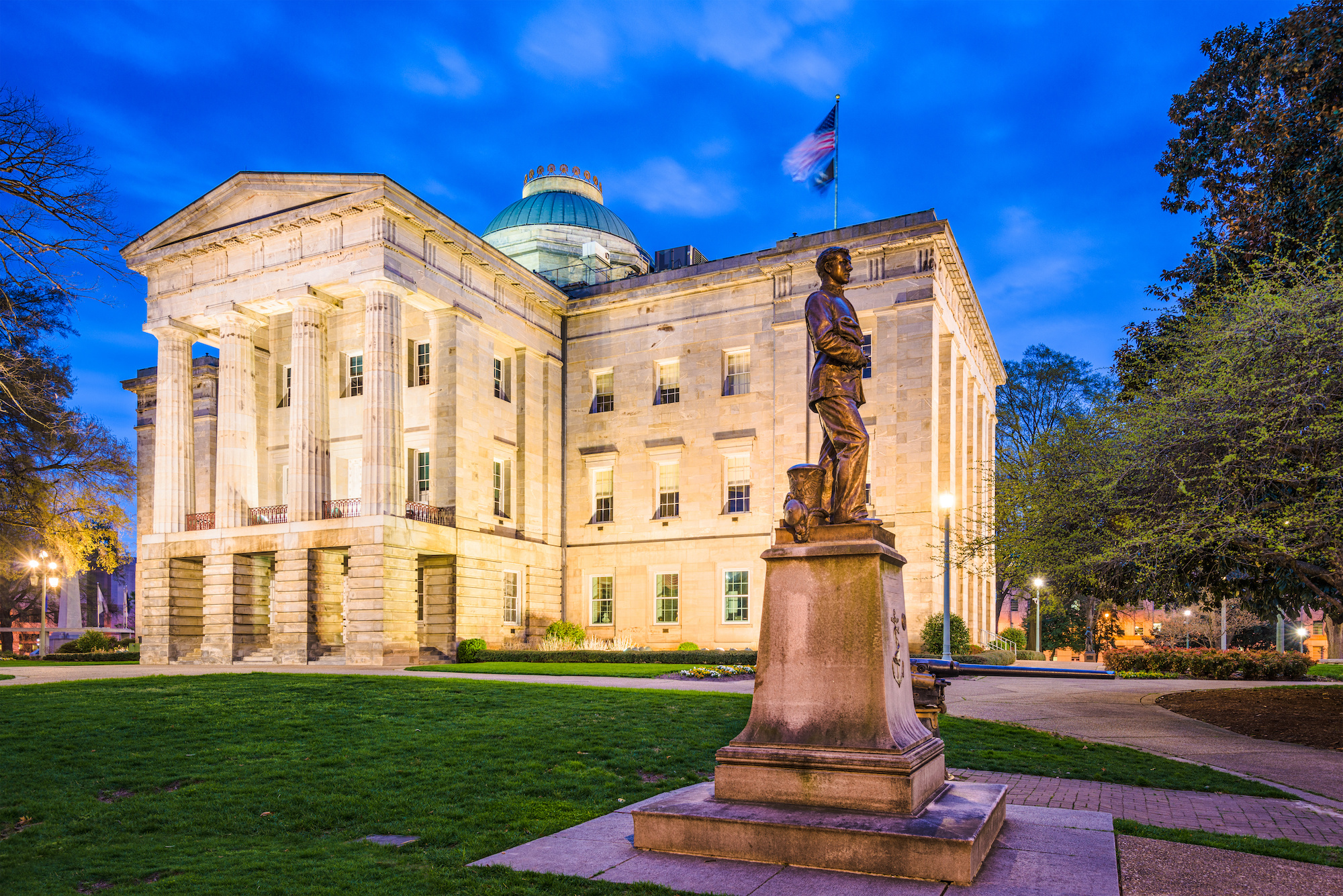The North Carolina General Assembly has convened to begin its 2023 legislative session, during which lawmakers will address a variety of key issues, many of which went unresolved last year. Republicans have gained seats in both the House and Senate, securing a super-majority, or veto-proof majority, in the Senate and coming within one vote of a veto-proof majority in the House. This will present challenges for Democratic Gov. Roy Cooper.
The legislative session will include a packed agenda with a variety of issues, including:
Healthcare Access and Stabilization Program (HASP)
Hospitals have worked with the Department of Health and Human Services, the governor, and legislators on a $3 billion directed payment plan called the Healthcare Access and Stabilization Program (HASP). These funds – a combination of state and federal dollars – would fund North Carolina’s share of expansion, provide funds for some administrative support to the North Carolina Department of Health Benefits (DHB) and PHPs, and provide stabilizing financial assistance to hospitals across the state so that they can continue to provide care for their communities.
In order to access these funds, the DHB must submit a plan for its use to the Center for Medicare and Medicaid Services at the federal level for approval. To ensure these funds are available in the next fiscal year, the plan must be submitted before April 1, taking into account the federal government’s review process that requires a minimum 90-day review.
Medicaid Expansion
North Carolina currently has one of the nation’s most restrictive Medicaid programs, with eligibility limited to very low-income children, parents, pregnant women, and individuals with disabilities.
In 2022, lawmakers considered legislation to expand Medicaid, but the House and Senate could not agree on the health care regulatory measures to include in the bill. Both Senate Leader Berger and House Speaker Moore have stated their support for expanding Medicaid this year, so the only hurdle left for the chambers to overcome is reaching a compromise. Such an agreement will likely include substantive hospital concessions on Certificate of Need (CON) rules and the creation of HASP.
Legalizing Medical Marijuana
A proposal to legalize medical marijuana was introduced by Republican Senator Bill Rabon last year, but did not gain enough support from the House to move forward. The proposed bill would have tightly regulated medical marijuana usage, allowing doctors to prescribe it only to patients with debilitating conditions, such as cancer and severe PTSD.
It is expected that a similar bill will be proposed during this legislative session, and Gov. Cooper believes it has the potential to pass. The governor also supports the decriminalization of cannabis possession, citing racial disparities in enforcement.
Mental Health
Both Republican and Democratic legislators are prioritizing the need to address mental health issues throughout the state, with a particular focus on the needs of students. To this end, Republican Representative Donny Lambeth plans to introduce a mental health reform bill that aims to improve access to care for young people, supporting families in need. Senator Burgin also intends to file several behavioral health bills and DHHS is seeking an appropriation that would allow them to increase provider rates.
In light of the growing youth mental health crisis, the North Carolina State Board of Education is calling on the legislature to provide more consistent funding to increase the number of school psychologists and social workers. Furthermore, the North Carolina Department of Health and Human Services is advocating for a $4.2 million pilot telehealth program to connect students with psychiatrists, improving access to mental health services.
Taxes
Senate President Pro Tem Berger’s top priority is to lower taxes for North Carolina residents and businesses. His proposals include:
- Reducing the corporate tax rate to zero by 2030
- Lowering the personal income tax rate from 3% to 2.5%, making the state more competitive with Florida, Texas, and Tennessee, which all have no personal income tax.
Redistricting and Voting
The North Carolina Supreme Court recently ruled that the state Senate boundaries, which were drawn by Republicans and used in the November elections, must be redrawn due to partisan bias favoring the GOP. The ruling, which was made on December 16 on a 4-3 vote, determined that the House map was still deemed constitutional while the Senate map was not. The response to this ruling by lawmakers and the court is yet to be determined.
The court also struck down voter identification legislation last year, and lawmakers are expected to revisit this topic during the legislative session.
Sports Betting
Then: Last year, the House narrowly rejected Senate Bill 688 (52-49), which would have legalized online sports betting.
Now: With new legislators taking office in 2023, it is expected that legislation similar to SB 688 will be brought forward again. That bill would get significant support from professional sports teams and other stakeholders, who have continuously lobbied in favor of legalizing sports betting. However, the GOP-controlled Assembly is unlikely to embrace the governor’s more comprehensive proposal.



